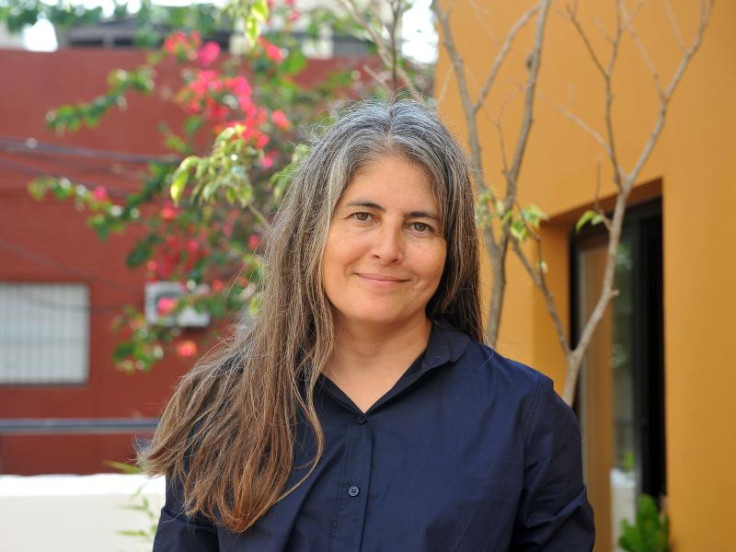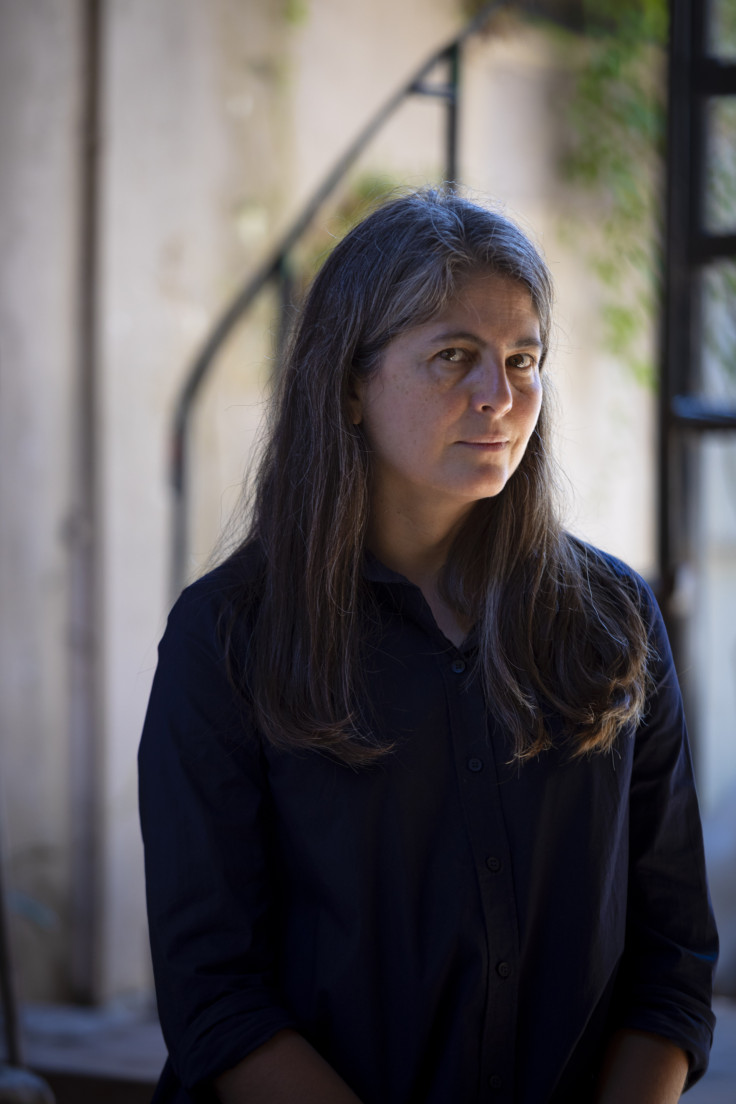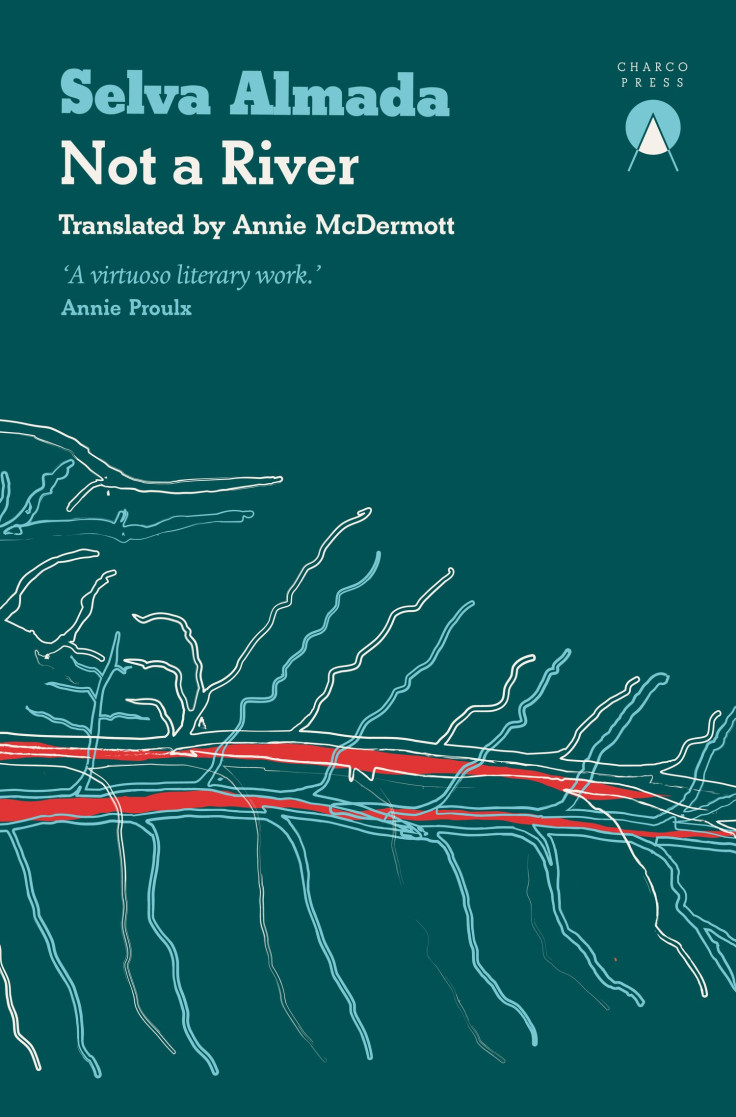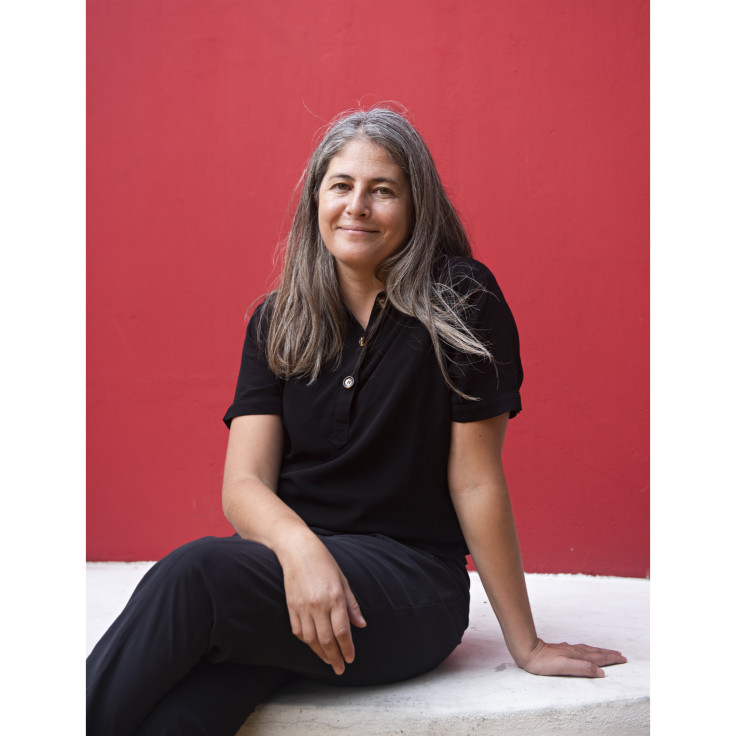
A man is tasked with transforming an inherited house into a clinic for stray dogs in Caracas, Venezuela. Two sisters must deal with the consequences of finding an ancient knife beneath their grandmother's bed in Bahía, Brazil. A woman confronts her family heritage in a European exhibition of pre-Columbian artifacts from her homeland of Peru. The 2024 International Booker Prize longlist is packed with Latin American stories from some of the most celebrated authors the region has to offer. In fact, 4 of the 13 nominees for the prestigious award are from the region.
The award, which will be handed out on Tuesday, May 21, rewards the finest single work of fiction from around the world which has been translated into English and published in the UK and/or Ireland.
Along with the aforementioned plotlines, which belong to Simpatía (Rodrigo Blanco Calderón, Venezuela), Crooked Plow (Itamar Vieira Junior, Brazil) and Undiscovered, Gabriela Wiener, Peru), respectively, is Argentina's Selva Almada and her most recent novel, No es un río (Not a River).
The story, like most of Almada's work, takes place in the Argentine Littoral, a rich jungle region that encompasses 6 provinces and several rivers, most notably the Paraná river, where the plot of the novel takes place.
"Not A River moves like water, in currents of dream and overlaps of time which shape the stories and memories of its protagonists", said the Booker Prize judges in a statement accompanying the nomination, adding that it plays like a "throbbing, feverish novel". The book tells the story of Enero and El Negro, who bring their young friend and protégé, Tilo, on a fishing trip along the river. The island where they set up camp brims with tensions of men who, like them, have come together on its shores. Alongside the story of these grief-marred characters, Almada offers those of the women of the town and their hardships.
We caught up with Almada to talk about the award, what success looks like for an author and what she thinks of the recent dominance of the literary field by Argentine women. The following interview has been edited for clarity and translated from Spanish.
A Second Boom for Latin American literature?

How did you find out about the nomination to the 2024 International Booker Prize?
Well, I found out when my editor in UK, Carolina Orloff from Charco Press, informed me. They've been translating and publishing my books for a few years now. We were very excited to see what would happen with the book. We were already happy with the release of the book and this adds a huge joy since it's the first time I'm nominated for this award. The people from Charco Press were very happy because they're a small but up-and-coming publisher that is translating a good chunk of contemporary Latin American literature. It's a novel that I love a lot, that I loved writing. I feel it's my best book so far.
You're one of four Latin Americans up for this edition of the award. In fact, the jury stated that "the list heralds a second 'boom' in Latin American fiction" and that the judges "are far from alone in being impressed by the quality of writing coming from the region." What are your thoughts on this?
It does seem like a phenomenon, this recognition that Latin American literature is getting outside of Latin America for what seems like the last decade. I know Argentina has had several nominations for the same award. I'm thinking of Samanta (Schweblin), Ariana (Harwicz) and Mariana (Enríquez). Argentine literature is followed closely from several countries, even those that don't speak Spanish.
The truth is that it doesn't surprise me that this is starting to happen with all of Latin America, because there is incredible literature being written and it has been the case for the last two decades. There's also the fact that nowadays we're also able to make more contact with Latin American literature than ever before. Thanks to social media and independent publishers it's easier to get books by little known Bolivia or Mexican authors in Argentina, just to name a couple. And it's of very high quality. Personally, I really like it.

Your books have been translated to several languages, yet the stories you tell are very specific to a region in Argentina. So how exactly do you make a story that takes place in the Argentine littoral feel relatable to a person in Turkey, Sweden or the UK?
I think these are stories with characters who are perhaps very local, with a very local language. But the themes that run through these stories are universal at some level. Ultimately, they speak of death, love, betrayal. I don't like talking too much in terms of themes in literature, but let's call them that. If I think about literature from the south of the U.S., which I enjoy very much. I can still relate even though those are different realities. I'm thinking of authors like Flannery O'Connor, for example. It's a very different reality from my own and I can perfectly find myself in these stories. I'm also thinking of books like Pedro Páramo by Rulfo. It can be read anywhere because it's talking about something we can experience in any language, in any region and in any personal situation.
Argentine Women Writers Have Their Moment
When you were mentioning other Argentines that have been nominated for the Booker Prize in previous years, they were all women. In fact, when you talk about contemporary Argentine literature, most of the names that tend to pop up are female. Why do you think there are so many female writers from your country finding success in the industry at the moment?
Most of the women I mentioned belong to the same generation as myself. So I think it has to do with the fact that some time ago, say the 90s, Argentine literature was male dominated right? I mean, there were hardly any women who had press coverage or were read or respected at the time. And those of us who started writing at that time assumed that we wouldn't have much spaces to be showcased. There was no ambition in a way because we didn't feel our work would reach many places. So we wrote freely and we wrote whatever we wanted, resulting in writing that is in constant search and exploration, it's different but it has a lot of quality too. Very different from what male authors could write or used to write.
And, in your opinion, how much of the success has to do with the fact that Argentina has become such an influential place for feminism in the region and the world?
Of course, the fact that we're writing during this historic moment for women comes through in our writing. I mean, if I look back at my what I used to read, that mental library I used to go to was almost entirely filled with books by men whom I admired and wanted to emulate. The rise of feminism this last decade also pushes us and helps us read more women writers and start asking ourselves questions as women and as feminists.
The Fruits of Success

What do awards like this one mean for the career of a Latin American author? Does it get easier to publish, to distribute your work once you start enjoying international recognition?
I feel it makes things easier for those of us who are already established. I'm not sure about those who are just starting out. I hope so but I'm not sure. It was also very challenging for writers like me at the beginning. Nowadays I get invited to festivals, I'm invited to international fairs and even distribution within my own country gets a big boost. No es un río is nominated for the Booker, so the local publisher says: 'well, we need to reprint this book because it's going to be talked about again, and it has to be available.' That obviously has an impact.
I also think it's tough if you don't have an agent. The concept of literary agents in Argentina is still relatively new. Not all writers have agents. In fact, I think there are maybe two in the whole country. Most of us have agents abroad, not here. And that's how we connect with publishers abroad, but even then they're usually independent publishers which don't have the structure to say: 'well, I'll go to international fairs and try to sell this, maybe get the book translated.' They make do with that they can, and awards are a big part of it. If you don't have an agent, well, it seems quite challenging.
A film based on one of your previous books, El viento que arrasa (A Ravaging Wind),is about to premier in Argentina after being screened in major festivals like Toronto and San Sebastián. How dos it feel to see your work turned into a movie?
Well, the novel is from 2012 and the rights had been sold a long time ago. So, quite some time passed until the film was finally made. When I sell the rights to a book, I don't like to be involved in the adaptation process afterwards. I don't want any connection with the project. But the director, Paula Hernández contacted me, and I was honestly very happy that a female director was helming the project so we chatted.
There are many things that are in the book that didn't make it to the film, and vice versa. But that's fine because I think making a movie that's almost literally the same as the novel doesn't make any sense, you know? At the same time, I feel that there's still something of the novel's spirit that's very much present in the film. I liked the movie a lot. I'd love to hear the thoughts from people who read the book because they're usually very hesitant about adaptations but I think it's a fantastic film
© 2024 Latin Times. All rights reserved. Do not reproduce without permission.







